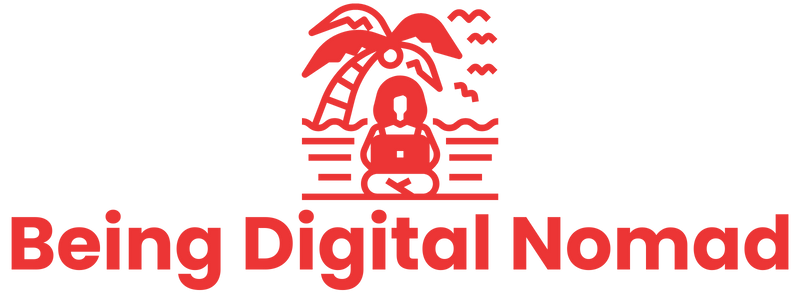Key Takeaways
- Expedia Group introduced the One Key rewards program, unifying benefits across Expedia, Hotels.com, and Vrbo.
- One Key allows users to earn rewards like OneKeyCash and trip elements, aiming to enhance customer loyalty and experience.
- Expedia’s program launch coincides with the EU’s Digital Markets Act (DMA), which affects major tech firms like Google Travel and Booking.
Expedia Group unveiled its new rewards program, One Key, on July 6, 2023. A news release by the company states that the program allows members to earn and use rewards across Expedia’s brands — a move that aims to enhance user experience and loyalty.
One Key is free, and its user interface makes joining easy, with multiple login options in Google, Facebook, and Apple.
What Do Users Get With One Key?
Users can earn OneKeyCash, a rewards currency that can be used on eligible bookings across Expedia, Hotels.com, and Vrbo. Users can also collect trip elements for each hotel room night, vacation rental night, flight ticket, car rental day, cruise cabin night, or activity ticket they book. These trip elements help users move up the tiers and unlock more benefits, such as member prices, room upgrades, price drop protection, and more.
Watch the video trailer of One Key below:
Also read: Expedia Invites Fans To Explore Guillermo Ochoa’s Hometown Mexico City
The new program brings together existing programs — Expedia Rewards and Hotels.com Rewards — and will, for the first time, offer customers rewards through brands like Vrbo without a prior loyalty program. Expedia Group claims that One Key is “the most comprehensive travel rewards program” they have ever created as they roll out the program globally in the coming months.

Booking.com Could Feel the Pinch
Expedia’s One Key launch comes when the EU’s “Gatekeeper” rules are into play under the Digital Markets Act (DMA), causing upheaval for leading travel platforms such as Google Travel and Booking.
As per a report published by A World Worth Experiencing, the DMA aims to curb the market dominance of big technology firms by imposing more stringent rules on up to 20 of the largest companies designated as gatekeepers.
Being a ‘Gatekeeper’
The article noted that “gatekeepers” are platforms that have a significant impact on, have substantial control over access to, and are entrenched in digital markets, leading to significant dependencies of many business users on these gatekeepers.
The DMA sets out criteria to identify gatekeepers based on their size, user base, intermediation role, and market power. The DMA also lays down a set of obligations and prohibitions for gatekeepers to ensure fair and contestable markets.
Also read: ‘Digital Nomads Conference’ Held in Ponta Do Sol, Madeira
Far Less Revenue, Says Booking
Booking, one of the few European tech successes with global revenues of $15 billion, has opposed being labelled a gatekeeper in the hotel market.
The company argues that it only intermediates 13% of hotel revenues in Europe and that consumers and hoteliers have a lot of choices. Booking also warns that the DMA could give foreign rivals such as Expedia and Ctrip an advantage and hurt Europe’s tech industry.
What We Think
Expedia’s One Key offers an enticing unified rewards platform, potentially attracting loyal customers across its brands. However, the program’s launch amid regulatory changes, notably the DMA, could signal significant shifts in the travel tech industry.
The DMA’s impact on major players like Booking might reshape market dynamics and competition, affecting revenue streams and market dominance.
Expedia’s strategic move aligns with enhancing customer loyalty but may also shape the competitive landscape with potential implications for the broader tech industry.

